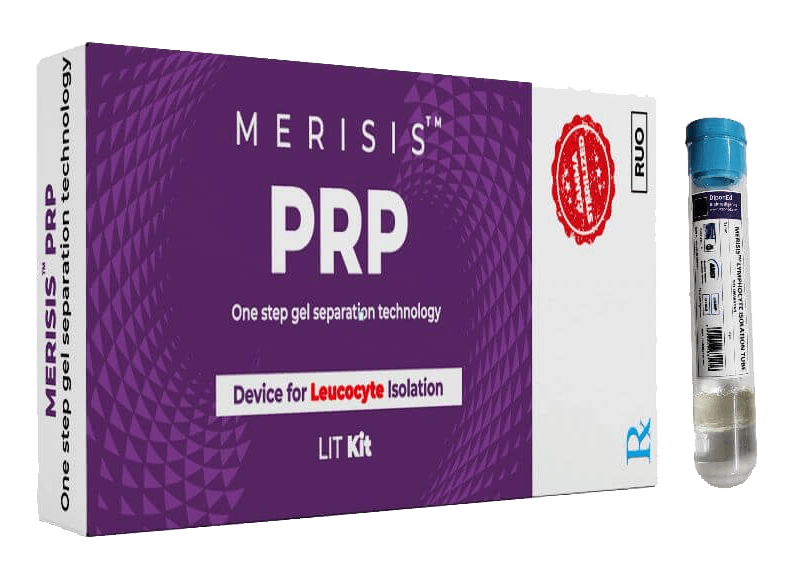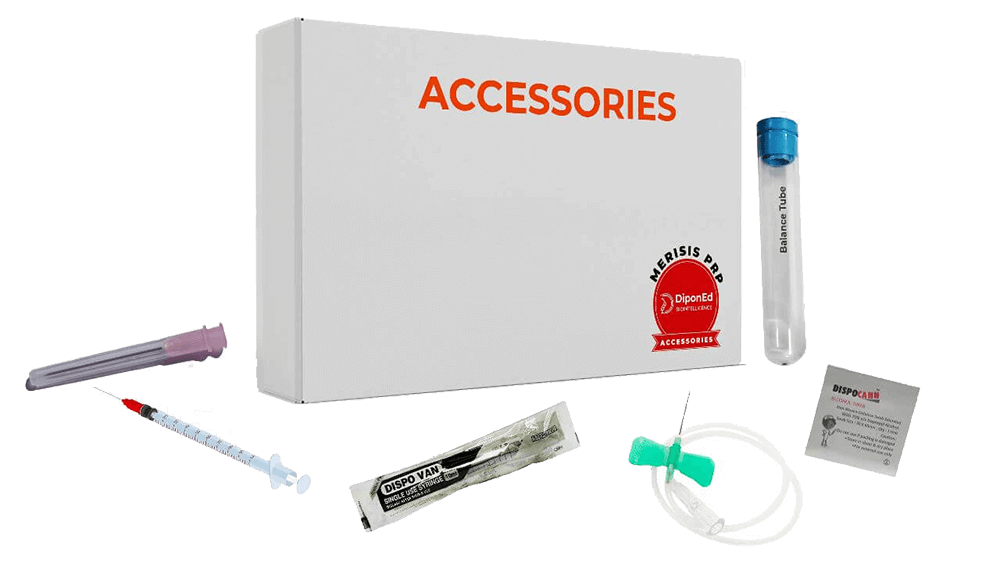Global Fertility Solutions is the foremost supplier and distributor of state-of-the-art equipment specifically designed for LIT procedures in IVF. With our premium offerings, we ensure optimal support for immunotherapy treatments, contributing to improved outcomes in reproductive healthcare.
 Lymphocyte Immunization Therapy (LIT) is an immunotherapy technique that has recently gained significance in the field of Assisted Reproductive Technology (ART). Moreover, LIT involves exposing a woman to her partner’s or a donor’s lymphocytes to stimulate an immune response, with the aim of improving the chances of a successful pregnancy.
Lymphocyte Immunization Therapy (LIT) is an immunotherapy technique that has recently gained significance in the field of Assisted Reproductive Technology (ART). Moreover, LIT involves exposing a woman to her partner’s or a donor’s lymphocytes to stimulate an immune response, with the aim of improving the chances of a successful pregnancy.
While LIT has proved its significance for fertility over the years, it is very crucial to choose a trusted fertility partner to derive the best results. This is where GFS can help you choose the best IVF center or expert for your specific case. However, before you go any further, get familiar with LIT and its importance in the ART domain while walking through the below points.
Immunological Considerations and LIT
The success of pregnancy depends on the immune system’s response to the developing embryo. Moreover, in some cases, immunological factors can contribute to implantation failures or recurrent pregnancy loss (RPL). Besides, LIT is based on the principle that exposure to lymphocytes from the male partner or a donor can stimulate an immune response in the woman, leading to the development of regulatory immune cells that may support pregnancy.
Who should opt for LIT?
LIT is primarily indicated for couples experiencing repeated implantation failures or recurrent pregnancy loss. Moreover, implantation failures occur when embryos fail to attach to the uterine lining, while recurrent pregnancy loss refers to the loss of two or more consecutive pregnancies. These conditions may have immunological causes, and LIT is considered a potential therapeutic option to address immune-related factors.
How LIT works?
 The LIT Therapy and procedure involves extracting lymphocytes from the partner or a donor, typically through a process called leukapheresis. The collected lymphocytes are then injected into the woman either subcutaneously or intradermally. Besides, the exposure to these lymphocytes aims to induce an immune response and the production of immune cells that can facilitate a favorable environment for embryo implantation and support pregnancy.
The LIT Therapy and procedure involves extracting lymphocytes from the partner or a donor, typically through a process called leukapheresis. The collected lymphocytes are then injected into the woman either subcutaneously or intradermally. Besides, the exposure to these lymphocytes aims to induce an immune response and the production of immune cells that can facilitate a favorable environment for embryo implantation and support pregnancy.
Potential Benefits of LIT in ART
LIT offers several potential benefits in ART:
Enhanced Immune Tolerance: LIT may promote immune tolerance towards the embryo, reducing the risk of rejection and increasing the chances of successful implantation and pregnancy
Immune Regulation: LIT therapy Mumbai aims to stimulate the production of regulatory immune cells, such as regulatory T cells, which play a crucial role in maintaining immune balance and preventing immune-mediated pregnancy complications.
Reducing inflammation in the uterine environment: While creating a more favorable environment for embryo implantation and pregnancy, LIT can further reduce the inflammation around the uterine cavity
Are there any limitations to LIT in ART?
 Despite coming with a list of benefits, LIT may come along with certain limitations mentioned below:
Despite coming with a list of benefits, LIT may come along with certain limitations mentioned below:
Limited Evidence: You may not find a lot of research-based or scientific backing for LIT given the lack of trials and investigation on the subject. This is where the potential benefits of LIT may not prove helpful in every case. Besides, its significance in enhancing pregnancy rates is still debatable.
Side effects: The risk and safety issues in LIT are still a matter of concern for many medical professionals.
Besides, the treatment always carries a risk of certain viral or bacterial infections, through lymphocyte transfer. This is where medical professionals must bring all the measures in place to ensure the safety of the patient and the procedure.
Patient Selection: LIT is not meant for everyone. Moreover, not every individual or couple experiencing implantation failures or recurrent pregnancy loss got immunological complications. Hence, a detailed diagnosis and research are required before recommending LIT for a certain patient.




